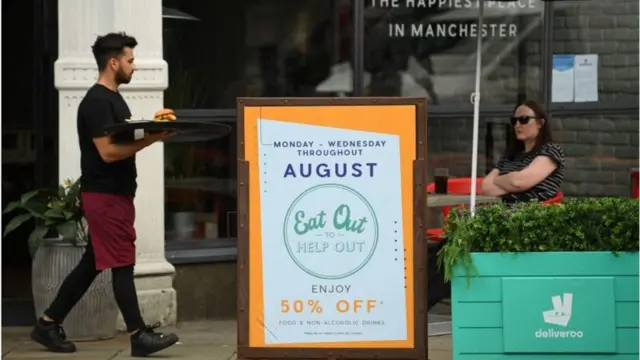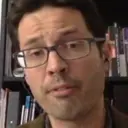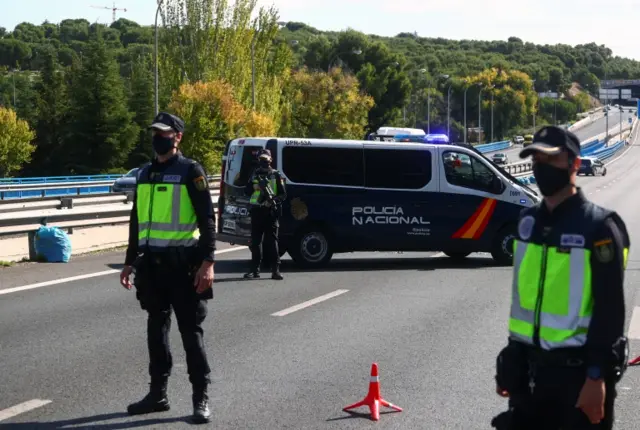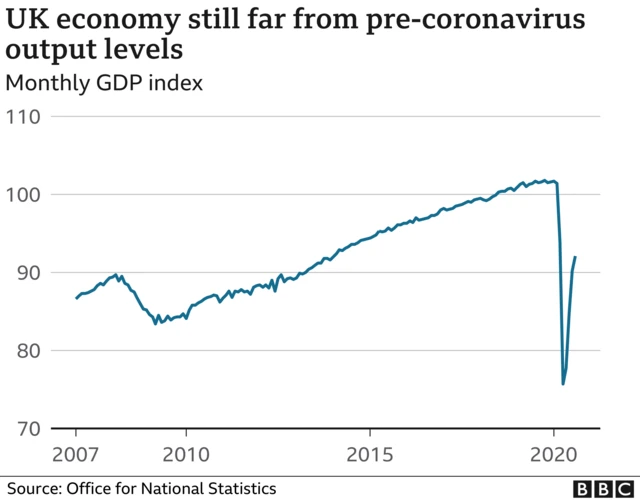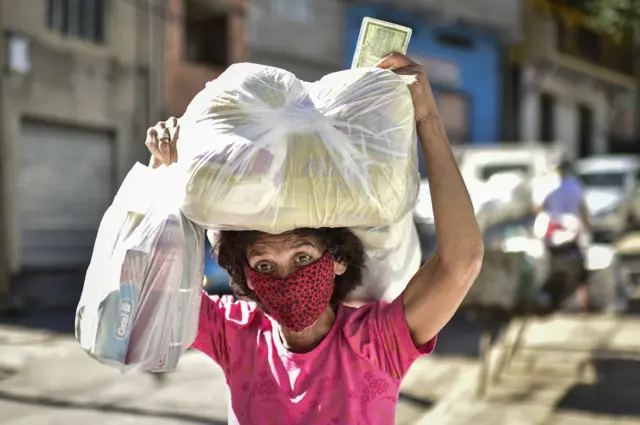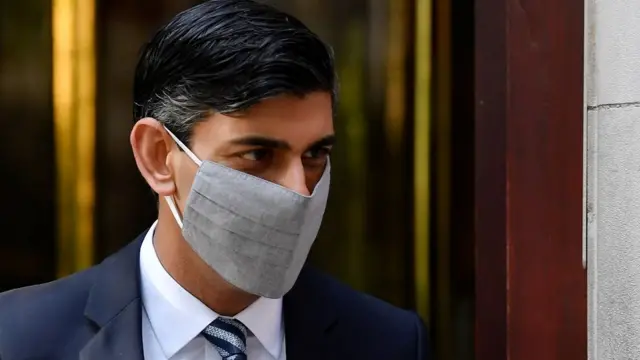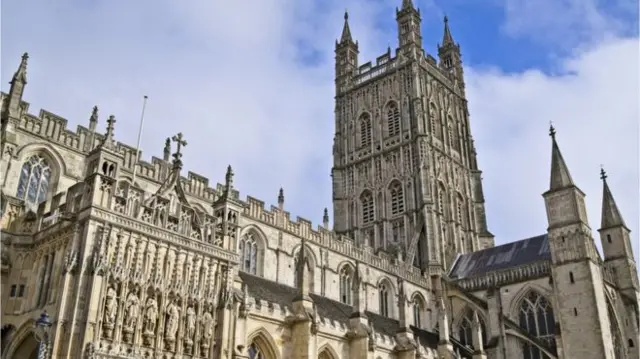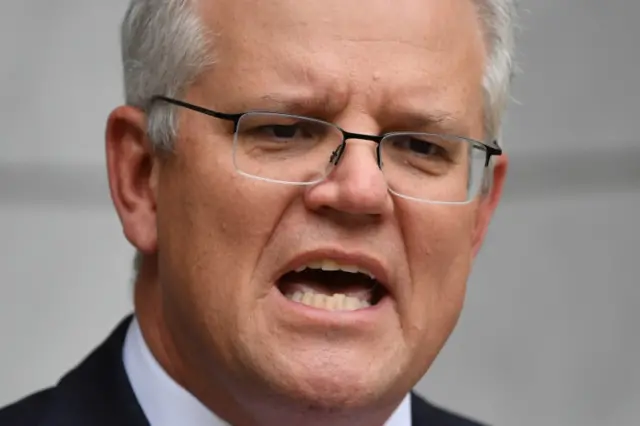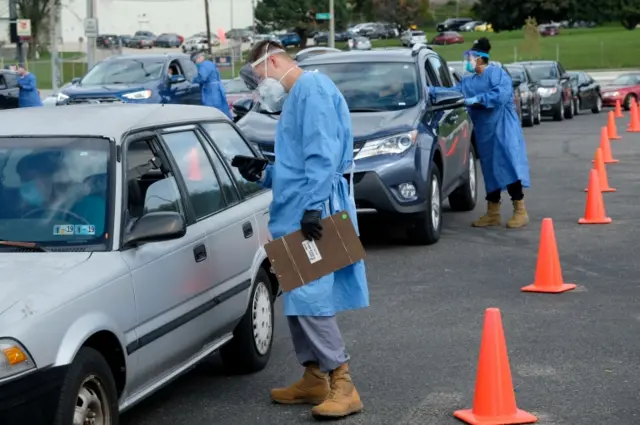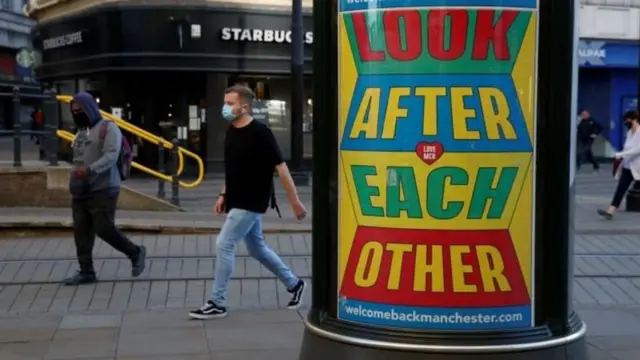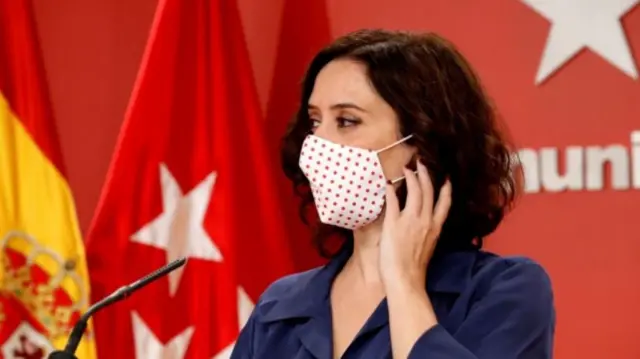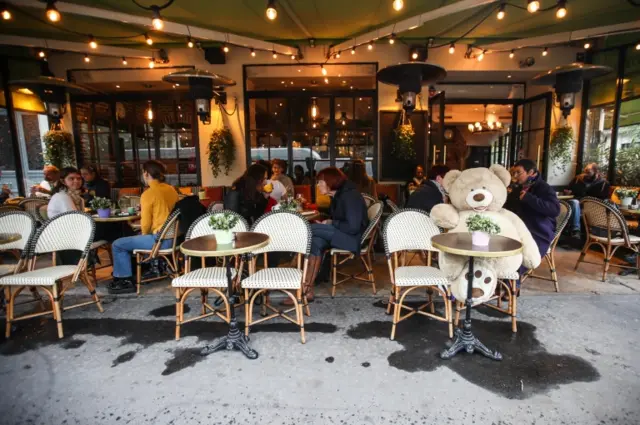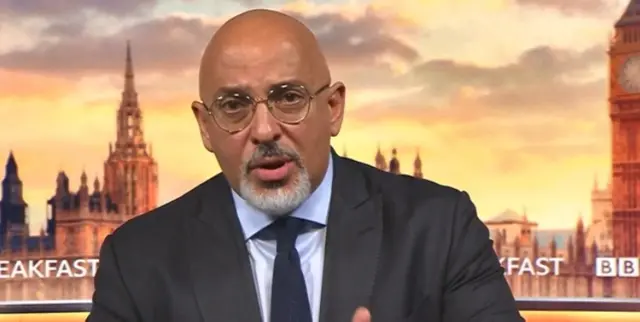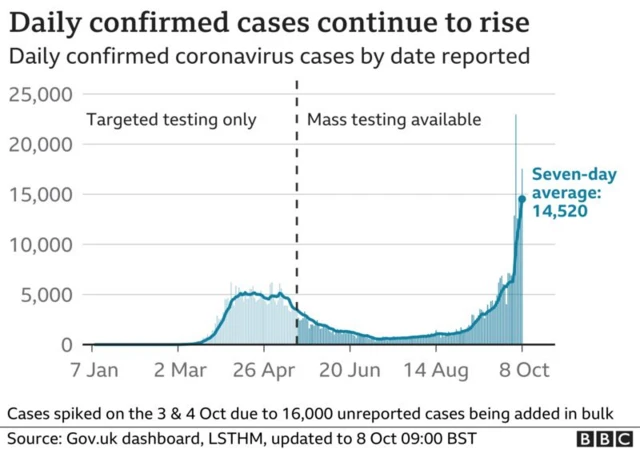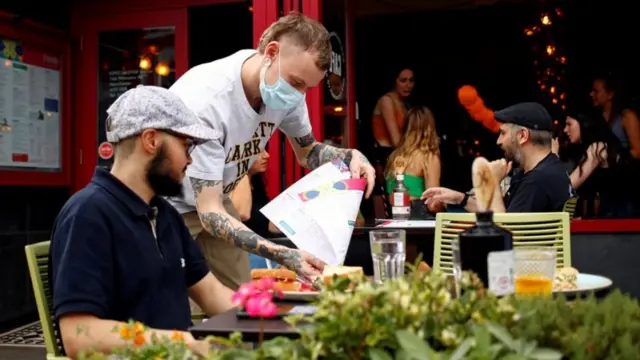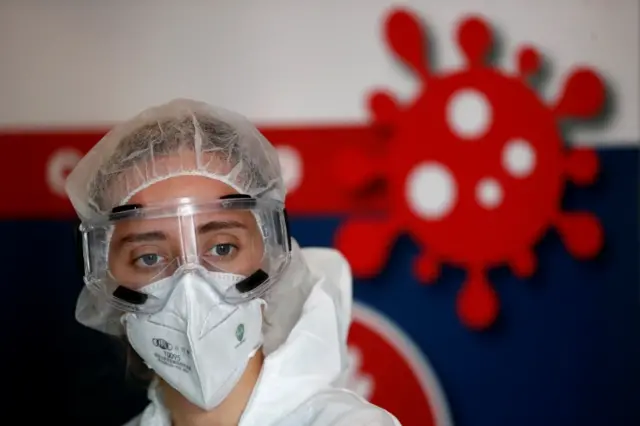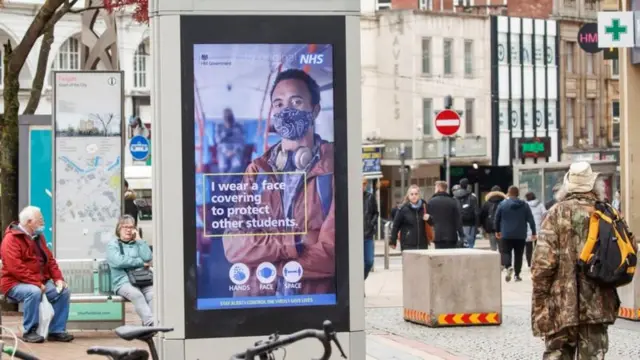Dutch 'intelligent' lockdown fails to contain viruspublished at 11:03 BST 9 October 2020
 Anna Holligan
Anna Holligan
BBC News Hague correspondent
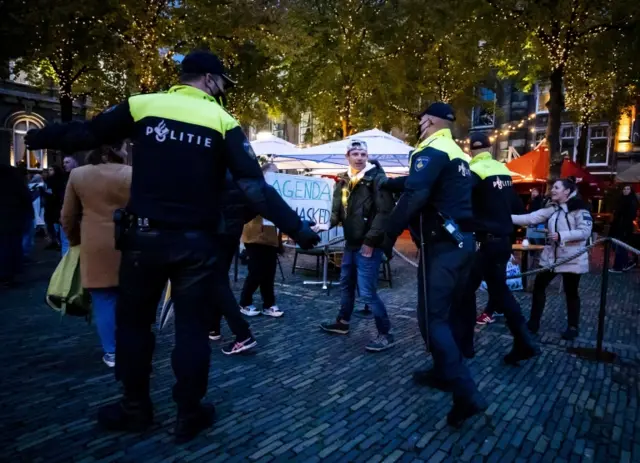 Image source, EPA
Image source, EPAThere have been protests against emergency coronavirus bills in front of the parliament in The Hague
Arrests at protests, intensive care doctors turned patients - these certainly weren't the intended effects of the Netherlands self-proclaimed "intelligent" lockdown.
As the number of new coronavirus cases sky-rocketed to almost 6,000 overnight, the figures are surpassing the Dutch government's own predictions.
On Thursday evening, about 80 demonstrators were arrested near the parliament building in The Hague, gathered in protest against an emergency law designed to give the government's Covid-19 measures a legal foundation.
Tensions are intensifying among those concerned about losing their civil liberties and others worried the liberal government's reluctance to curtail freedoms has resulted in the country now having one of the world's most rapidly rising infection rates.
Twenty operating theatre staff tested positive after an outbreak at a hospital in Limburg province, including three surgeons. One of them is now being treated in the intensive care unit of their own hospital.
No modifications to the existing rules - which include bars closing at 22:00 local time and wearing a face covering "strongly advised" in enclosed public spaces - are expected until next week when the impact of current measures can be assessed.
One headline on the Dutch public service broadcaster's website this morning reads "Where are you still welcome as a Dutch person this autumn holiday?"
You may be surprised to discover six countries in Europe are still prepared to accept residents from what's now the European coronavirus hotspot.

